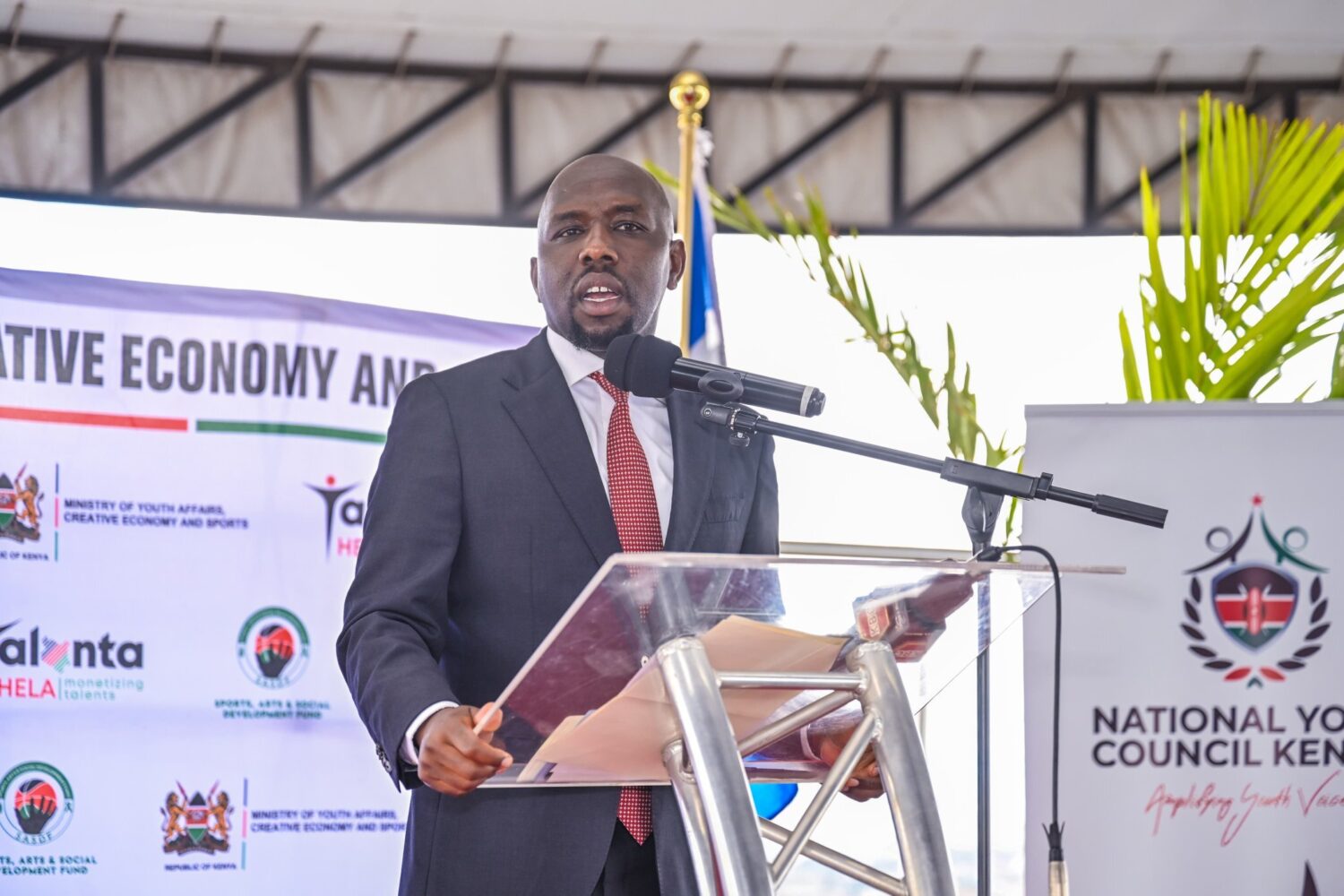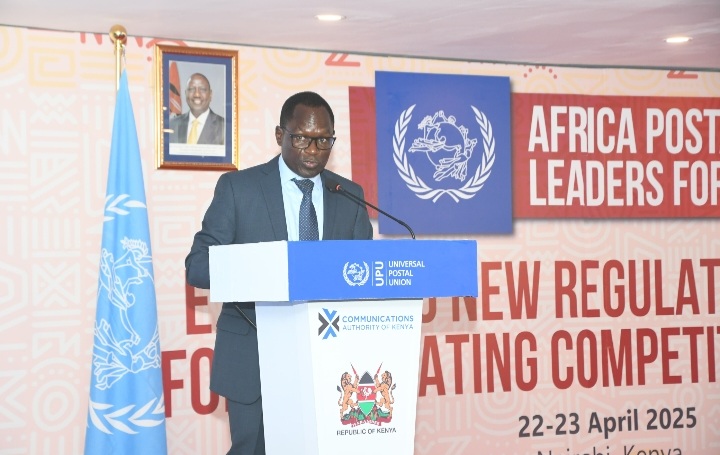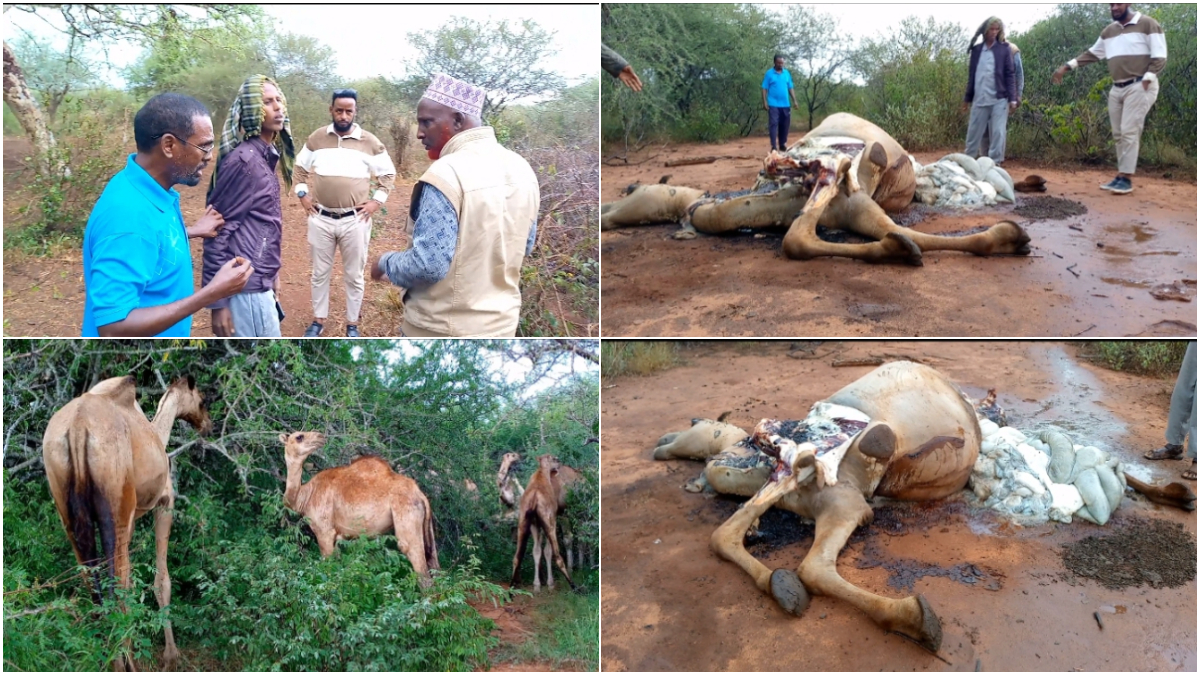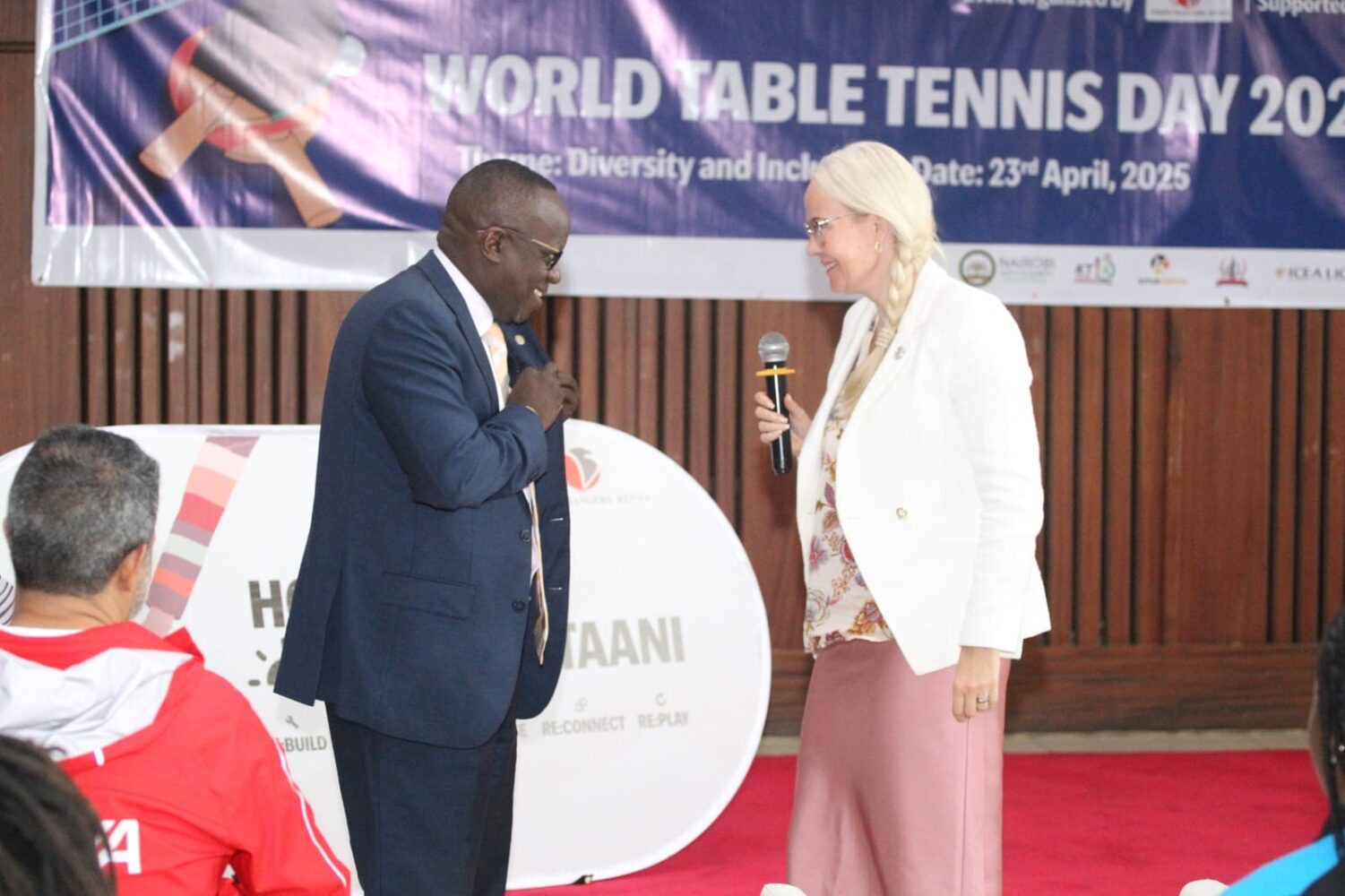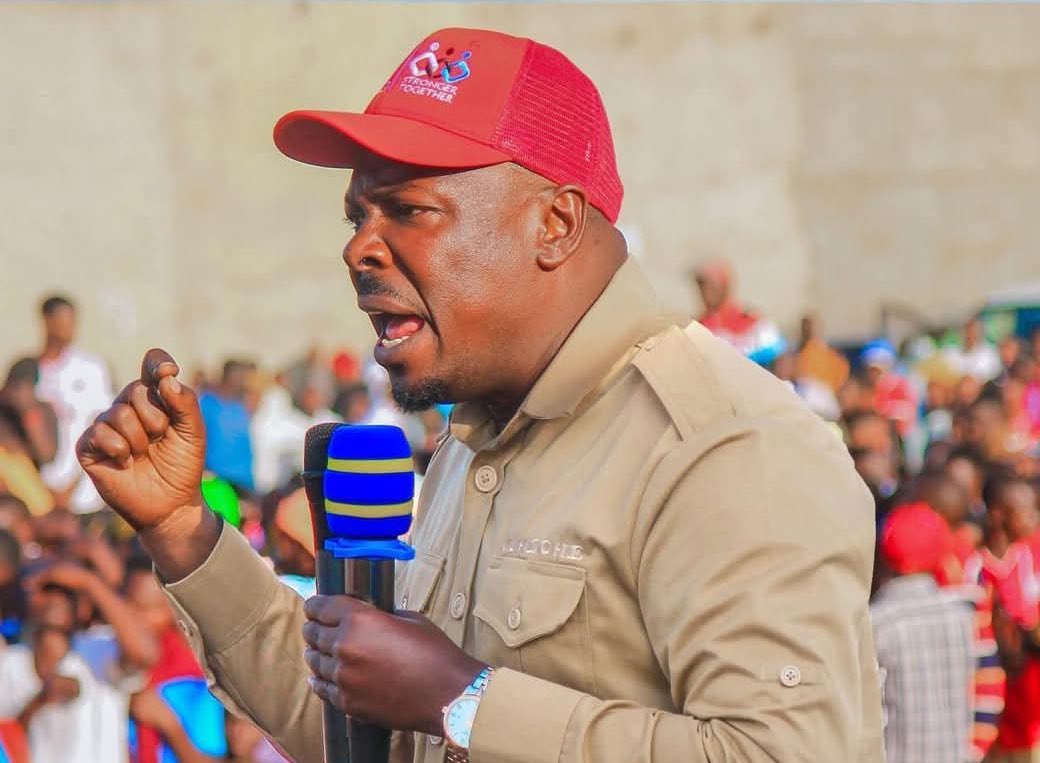Cabinet Secretary for Sports, Kipchumba Murkomen, has emphasized the urgent need to review the Sports Act of 2013 to address systemic challenges in the management of the country’s sports sector.
Murkomen revealed that gaps in policies and laws governing sports have enabled corruption, favoritism, and mismanagement within sports federations. In a bid to tackle these issues, the CS announced the establishment of a Taskforce to review the Sports Act, 2013, aimed at modernizing the framework governing Kenya’s sports industry.
Taskforce Mandate and Timeline
The Taskforce, expected to deliver its recommendations within six months, has been tasked with developing a robust legislative framework to:
- Promote transparency and accountability.
- Align sports regulations with the Kenyan Constitution.
- Adapt to the evolving sports landscape to ensure competitiveness.
According to Murkomen, the Taskforce will define clear government roles in:
- Promoting sports development.
- Regulating sports academies and grassroots programs.
- Managing sports facilities such as stadia.
“This effort will also include restructuring key agencies to separate policy formulation from day-to-day operations,” Murkomen stated.
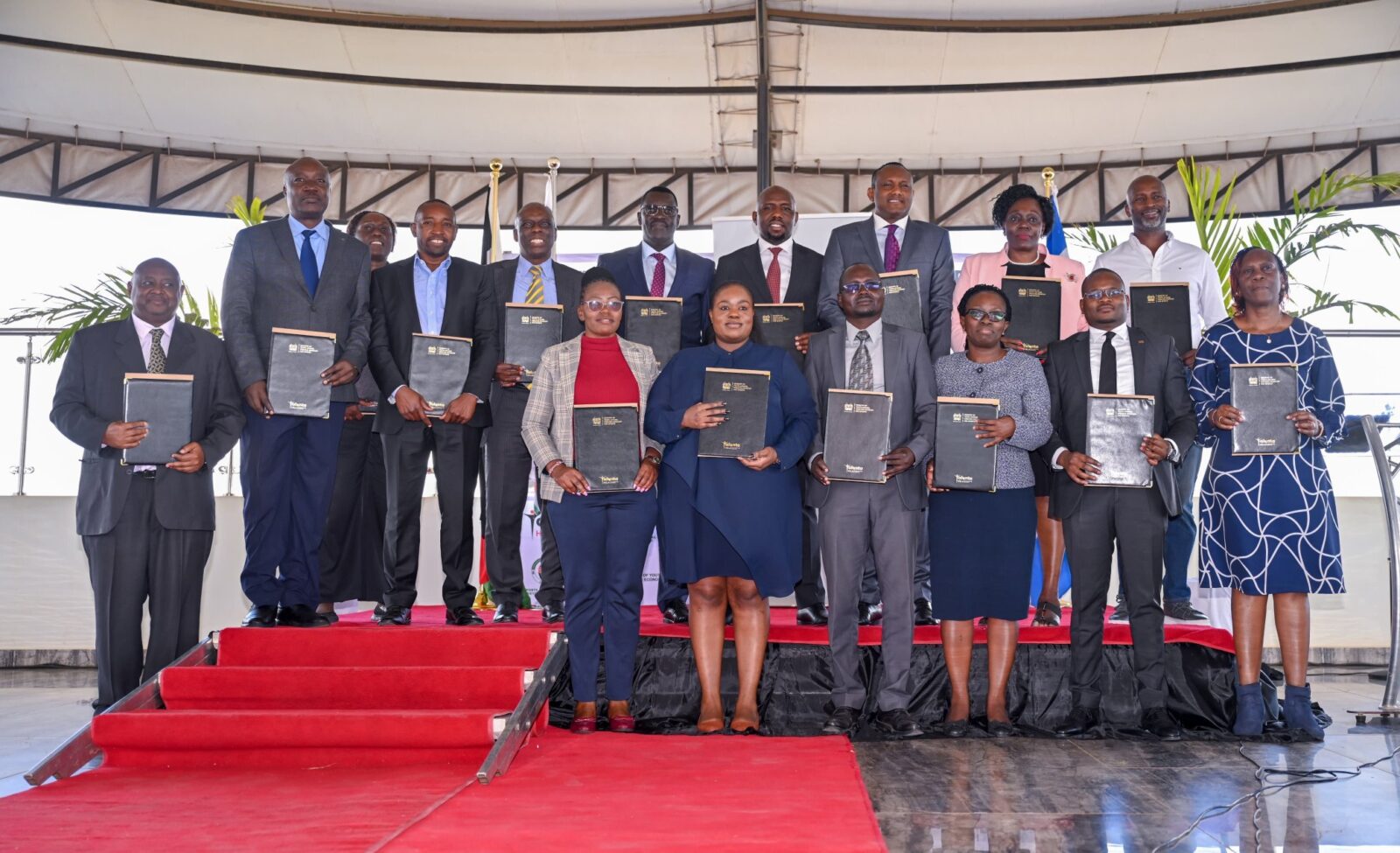
Nationwide Consultations and Key Goals
Through extensive nationwide consultations, the Taskforce will identify priorities and create a framework for reforms. The goal is to foster a transparent, inclusive, and thriving sports ecosystem that positions Kenya as a global leader in the industry.
Murkomen further explained that these reforms will complement ongoing infrastructure upgrades and governance improvements.
Draft Amendments to the Sports Act Set for 2025
The Ministry of Sports is already working on draft amendments to the Sports Act of 2013, which are expected to be ready for review by the Senate in January 2025. One of the key proposals includes establishing sports academies in every county to nurture talent at the grassroots level.
Speaking during a parliamentary committee session on October 31, Murkomen highlighted a critical gap in the current Act: the lack of clear roles for county and national governments in managing sports facilities and programs.
“This lack of clarity has hindered effective management, which we aim to address through these amendments and subsequent reforms,” he added.
ALSO READ:2024 CAF Awards: Junior Starlets nominated for Women’s Team of the Year


